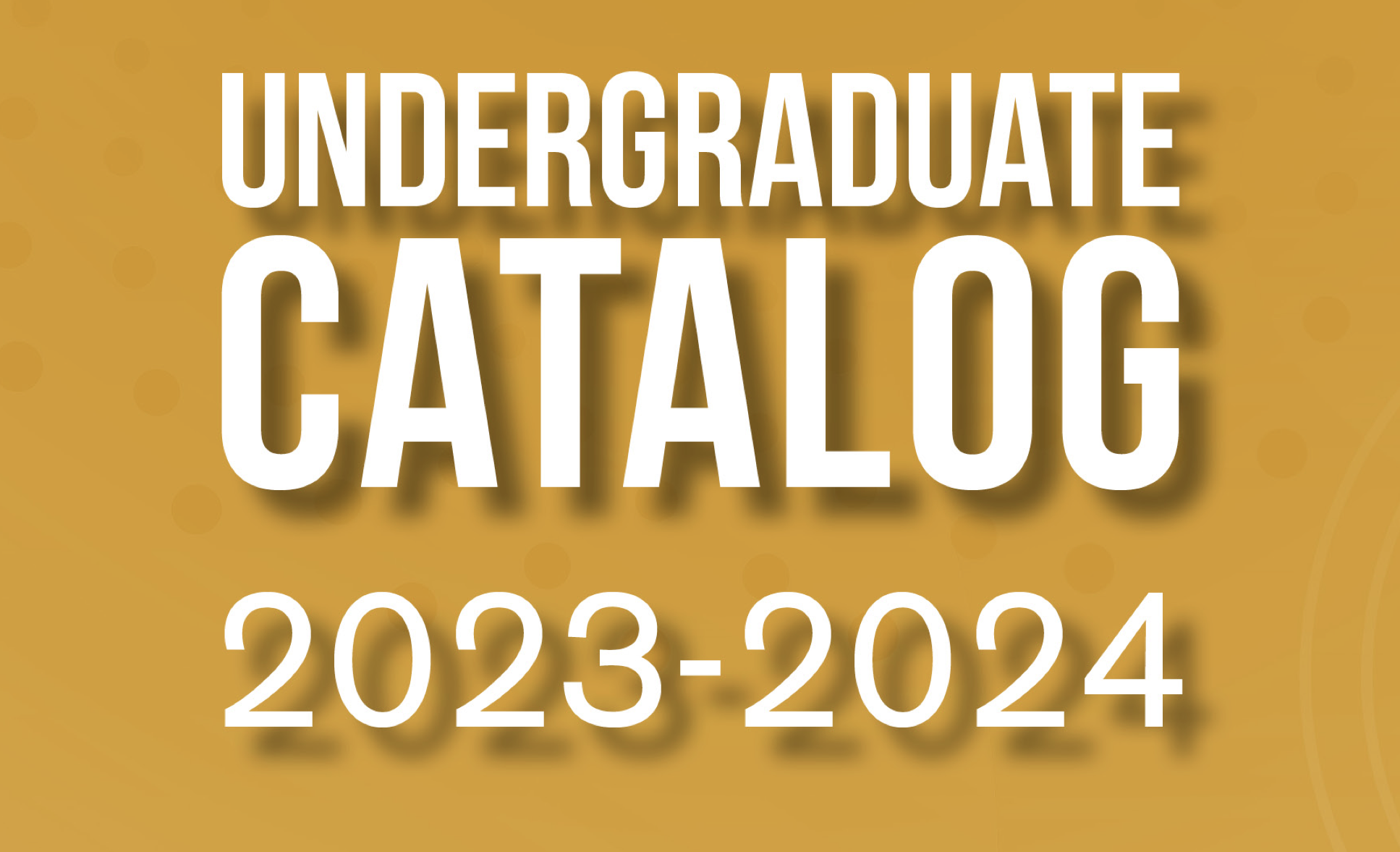Source: sxu.edu
With registration now open for the upcoming spring semester, concerns arise regarding the course offerings. Students have noted a lack of interesting electives, scarcity in required courses, and a large-scale return to online classes.
With frustration around campus mounting over course offerings, the Xavierite editorial board discussed their own grievances with the Spring 2024 course catalog.
Electives have been hard to come by in recent years, but this semester appears to be especially bare.
As one board member states, “I usually don’t have an issue finding a slot for required courses, but finding interesting electives is difficult.” Another board member added “I have been struggling a bit to find classes that interest me”, with a third echoing “ I wish there were more options.”
Aside from special topic courses, the majority of the editorial board mentioned that certain requirements for their academic programs are not being offered. “As a film and media minor, there is only one film class taught on campus, and it is night class which makes it inaccessible to a lot of commuters,” one member notes.
One of the key issues indicated by the course offerings is the return to online teaching for many courses. A whopping 124 undergraduate courses for Spring 2024 are set to be taught through the Online SXU Program.
The majority of the editorial board agrees that online courses have the potential to negatively impact our sense of community on campus.
One member signified they have felt the community change because of online courses stating “I currently have one class that’s in-person, and not being in a classroom setting makes me feel removed from the campus community.” They continued, “If I didn’t have other obligations that brought me to campus on the days I don’t have my in-person class, I don’t think I would come up.”
Others conceded that online classes may be necessary for students due to transportation issues, tight work schedules, and other obligations in their daily lives.
As one board member said, “There are students who have to take majority online classes… because that is their only option.”
However, everyone on the editorial board agreed that classes should ideally have an in-person and online option.
However, the shift to online instruction may be a necessity for Saint Xavier due to the recent decline of full-time faculty. Across higher education, there have recently been shifting demographics in faculty and lower enrollment rates across the board. As a result, SXU may have had to adjust its course offerings in response.
Multiple board members attested that they’ve experienced classes fall through, list instructors only as “TBD,” or offer no sections, despite remaining in the course catalog due to a lack of permanent professors.
According to Saint Xavier’s Search Prospectus for the President, in the 2021-22 academic year, SXU had 125 full-time faculty and 294 adjuncts.
One board member acknowledges the important roles adjuncts play at universities while also being privy to issues that may arise when there are far more adjuncts than full-time faculty.
“But when there are more adjuncts than full-time professors, it changes the landscape of the academic structure because many, if not all, are working at more than one university,” the board member concluded.
Because adjuncts typically need to split their workloads across multiple institutions, having a majority adjunct faculty may contribute to the increasing online instruction. Moving classes online ensures that recently hired adjunct professors can assume their new positions without having to physically be at every university they teach at.
Case in point, online instruction leads to a disconnect between students and faculty.
Additionally, it can lead to a disconnect between students and student life.
As a commuter-based institution, reverting to online learning may only encourage non-resident students to stop attending events that aim at building community on campus.
In the two years since SXU returned to in-person instruction, it seems that a real sense of school spirit has been recultivated. The editorial board only hopes that the community we’ve built can withstand this virtual obstacle.

